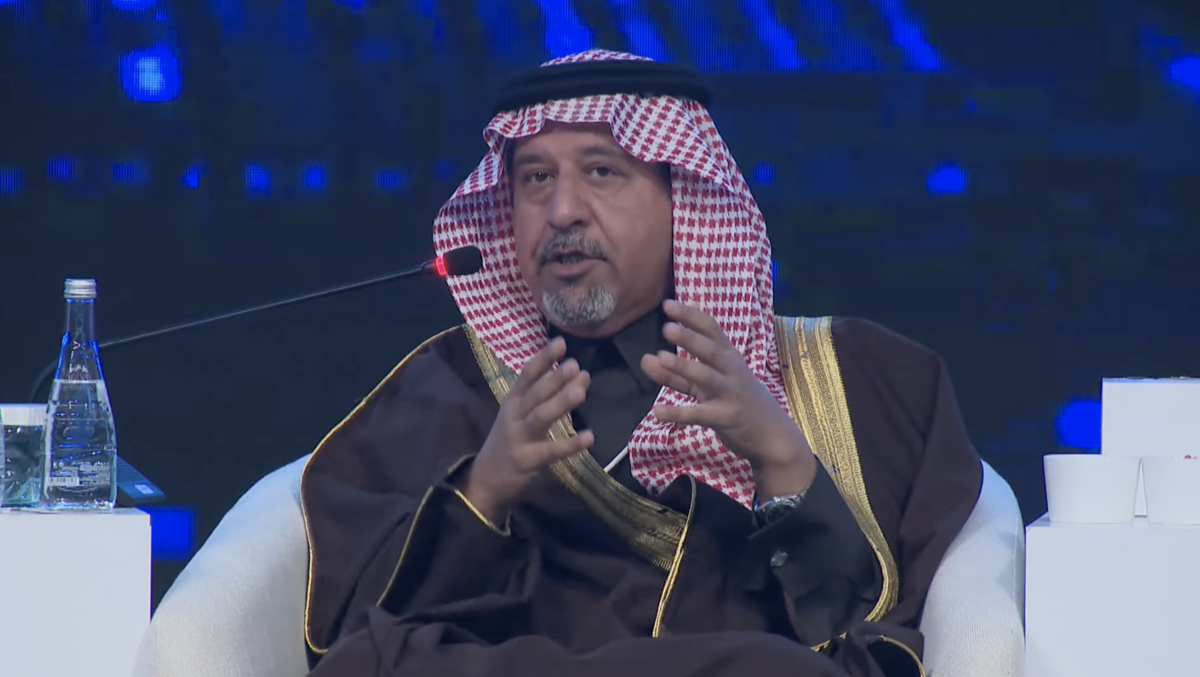Sustainability in space calls for innovation and regulation

https://arab.news/nnvu6
On Aug. 7, a Chinese Long March 6A rocket disintegrated in low-Earth orbit, creating a debris cloud made up of hundreds of fragments.
The rocket, launched from the Taiyuan Satellite Launch Center, was carrying 18 G60 satellites for the Thousand Sails constellation, which is intended to compete with SpaceX’s Starlink.
The incident has highlighted growing concerns over the issue of space debris and the threat it poses to other low-orbit objects and future space missions.
It has also underscored the urgent need for better debris mitigation strategies to ensure the sustainability of space activities.
According to the European Space Agency, as of 2024, there are in Earth’s orbit approximately 40,500 space debris objects larger than 10 centimeters, 1.1 million objects between 1 centimeter and 10 centimeters, and 130 million objects between 1 millimeter and 1 centimeter.
These objects, traveling at high velocities, pose significant risks to active satellites and space missions.
Initiatives such as the Space Sustainability Rating, developed by the World Economic Forum and other leading institutions, aim to promote sustainable practices in space missions by evaluating aspects like mission design, collision avoidance, and data sharing.
Additionally, the UN Office for Outer Space Affairs has been instrumental in developing guidelines for space debris mitigation, endorsed by the UN General Assembly in 2007, although enforcement remains a challenge.
Innovative solutions, such as active debris removal, laser ablation, and drag augmentation devices, are being developed to tackle the issue of space debris.
Companies including CleanSpace and Astroscale, for instance, are working on the means to capture and remove large pieces of debris using robotic arms or nets.
Laser ablation uses ground- or space-based lasers to gently push debris into lower orbits, which will eventually burn up in the Earth’s atmosphere.
With the number of new satellites expected to reach 20,000 or more in the next decade, it is crucial to establish enforceable international norms and guidelines to prevent the addition of more debris.
Khaled Abou Zahr
Drag augmentation devices, such as drag sails, can be attached to satellites at the end of their missions to increase atmospheric drag and hasten their re-entry and burn-up.
On-orbit servicing, which includes refueling, repairing, or upgrading existing satellites, is also seen as a potential solution to reduce the need for new satellite launches.
These solutions are crucial for supporting a sustainable space environment and ensuring the safety of future space missions.
However, financing these efforts remains a critical challenge.
Currently, government grants, private investments, and international collaborations support space debris removal initiatives.
For instance, the European Space Agency has fully funded the next phase of the ClearSpace-1 mission, which aims to remove large debris objects from orbit.
Some analysts have proposed including debris removal costs in mandatory insurance for stakeholders, though this could further increase the already high costs of space missions.
With the number of new satellites expected to reach 20,000 or more in the next decade, it is crucial to establish enforceable international norms and guidelines to prevent the addition of more debris.
Before long, we will also have to consider guidelines to prevent pollution on future lunar settlements.
• Khaled Abou Zahr is the founder of SpaceQuest Ventures, CEO of EurabiaMedia, and editor of Al-Watan Al-Arabi.





























